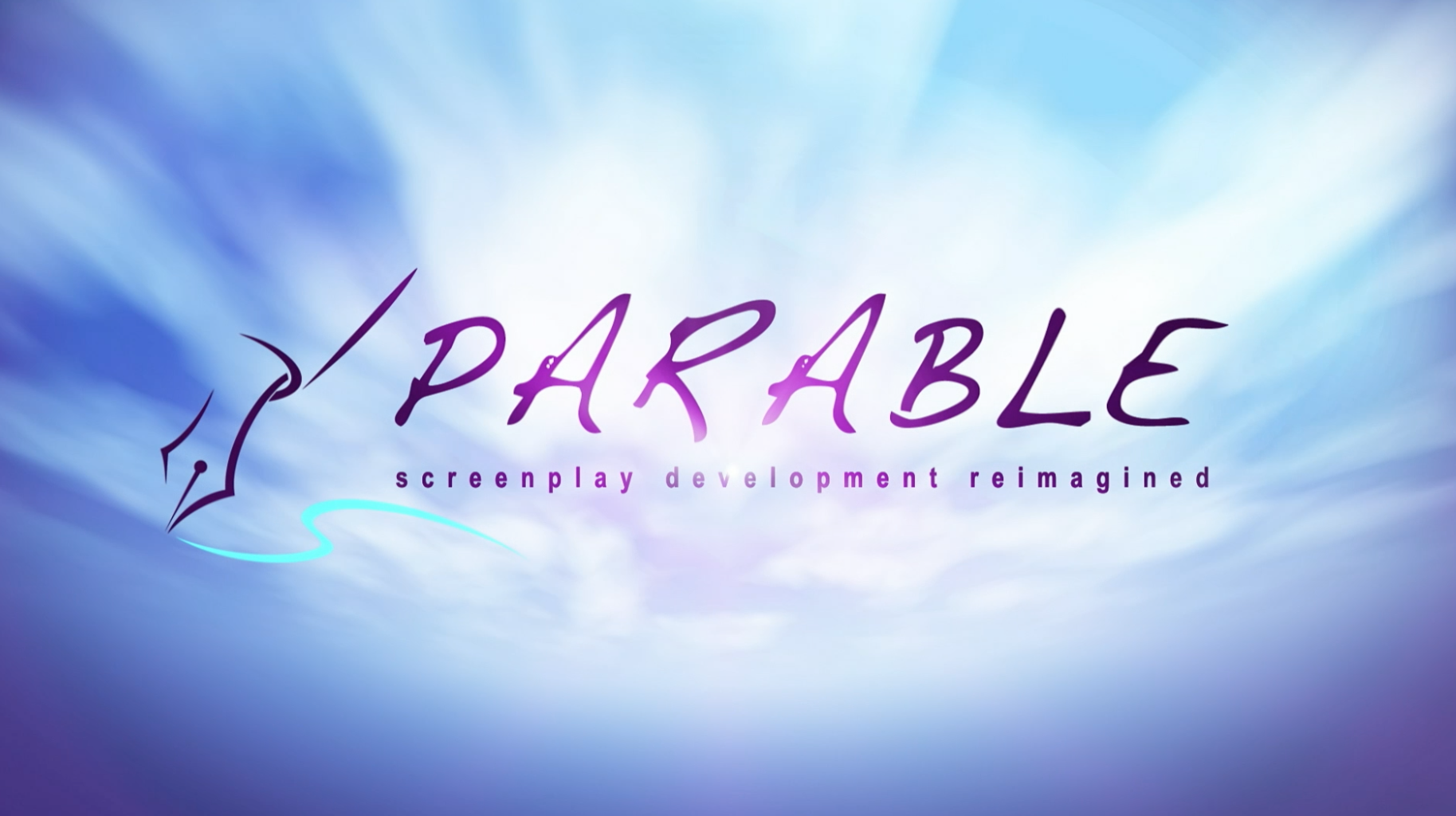Almost an Author welcomes Tim Long to the A3 family. He is the new columnist for Screenwriting. There is a special offer for A3 readers at the end of this article. Welcome, Tim!
…………………………………………………………………………………………………………..
With over twenty-five years of professional story development and screenwriting experience, and nearly two decades of teaching screenwriting at the MFA level, I’ve had the opportunity to collaborate on hundreds of screenplays and films.
During my career, hands down the most common problem I see in screenplays is that they lack an emotional core, or what I call…
Heart.
I define Heart as what the audience gets out of your screenplay, the emotional takeaway that moves them #screenplay Click To TweetThink of Heart as being what the story is really about. Not the plot. But the universal experience that all people can relate to. One that moves the reader on an emotional level.
Take losing a loved-one for example. Go to any country in the world, from the biggest city to the smallest village, and the people there will relate to losing a loved-one. The reason being is that losing a loved-one is a universal emotion and shared human experience.
As humans, in one form or another, we’ve all experienced losing someone we love. It’s part of our collective conscience. It’s an emotion that transcends cultural barriers by being universal. And that universality touches on the larger human experience. That’s why it’s so relatable to us.
Research has shown that people, consciously and unconsciously, watch movies to feel something. That’s what makes screenplays and films so powerful, their ability to move an audience. Whether it’s to laugh, or cry, or be afraid, they want… the experience of emotion.
Professional writers and directors know that human beings instinctively connect to emotion. #screenplay #amwriting Click To Tweet (And not to a sequence of events, which is plot.) And that’s the visceral effect that Heart has on story. It’s what makes the audience relate and feel. It’s what the audiences gets out of your screenplay or film. It’s their emotional takeaway from the experience of story.
Think about the film, About a Boy with Hugh Grant. The plot of the film is; a thirty-eight-year-old wealthy slacker passes himself off as a single father as a way to date single moms so he can fulfill his selfish sexual needs.
That’s the plot of the movie, the external ride that the audience goes on.
But the Heart of the story, the emotional core of the film is; a selfish, immature man is taught how to act like a grown-up by a little boy. The boy helped Hugh Grant’s character realize over the course of the film that other people are necessary in his life, and that caring about other people gives his life genuine meaning.
That’s what the audience internally got out of the external ride they went on. It’s what they relate to and feel. It’s the emotional glue that binds them to the plot.
And to find your story’s Heart, you need only look to your main character. While there are certainly exceptions, Heart is almost always a direct result of your main character’s growth, or lack there of, throughout the story.
Growth is defined as the internal change your character goes through during the course of the narrative. It’s the personal difficulty they undergo, during which they struggle with and overcome, or not overcome, some type of internal issue.
These can come in a myriad of different forms and amalgams. They can be emotional, intellectual, psychological, spiritual, an inadequacy, or just some internal wound that needs to be healed.
Think about it, the films that move us most, I’m talking about the ones that stay with us for years, the ones we can watch over and over again, are those inhabited by people who can rise above their own weaknesses. As well as those who can’t.
That’s what makes them so intriguing as characters. The personal difficulties they struggle with, and the resulting growth (or lack thereof) from it, is what makes them so memorable to us as an audience.
Character growth can be a positive change, usually coming in the form of an uplifting ending. Or a negative change, usually in the form of a tragedy.
In the film Good Will Hunting, Matt Damon’s character went from being a cocky, troubled kid living an emotionally safe existence – one where he pushed people away before they ever had a chance to leave him, and in doing so he could avoid being in a situation where he himself might get hurt first. He went from being like that… to a young man able to abandon that identity, trust others, and commit to a new life in a new city with the girl he loved.
This formed the Heart of the story. It’s what we as an audience internally got out of the ride we went on. It was the emotional takeaway that moved us. And in came in the form of a positive change and an uplifting ending.
Now let’s take the film, One Flew Over the Cuckoo’s Nest. Jack Nicholson’s character went from being a happy-go-lucky guy trying to game the prison system by pretending to be crazy… to a man capable of nearly murdering Nurse Ratched, which ultimately led to his lobotomy and death. A Heart that was a negative change and tragic ending.
It’s important to point out here that while a character’s growth can be hugely transformational; Like Schindler in Schinlder’s List going from being a greedy war profiteer indifferent to the plight of the Jewish people… to a man who risked his own life to save thousands of people from certain death. Growth, however, can also come in much more subtle forms. Especially in genre films.
Take Jodie Foster’s character in the film Panic Room. She goes from being a vulnerable, fragile divorcee on her own for the first time in her life… to a woman who takes charge and fights to save her family. That was her growth as a character. One that came in a subtle yet still relatable form.
Whichever the case, transformational or subtle, remember that a character’s growth will usually lead you to the Heart of your screenplay. That proverbial emotional glue that binds us all to story.
 Tim Long is a produced screenwriter who has sold, optioned, and pitched projects at the studio level and has had original screenplays in development with Academy Award ® winning and nominated producers. Mr. Long is also a nationally recognized screenplay consultant, as well as a former Professor and Head of the MFA Screenwriting Program at FSU’s College of Motion Picture Arts. He’s currently Founder of PARABLE, an innovative interactive screenwriting course. Follow him on Twitter @ScreenplayStory
Tim Long is a produced screenwriter who has sold, optioned, and pitched projects at the studio level and has had original screenplays in development with Academy Award ® winning and nominated producers. Mr. Long is also a nationally recognized screenplay consultant, as well as a former Professor and Head of the MFA Screenwriting Program at FSU’s College of Motion Picture Arts. He’s currently Founder of PARABLE, an innovative interactive screenwriting course. Follow him on Twitter @ScreenplayStory
OFFER for A3 readers only PARABLE for $249 ($50 off the regular price) with promo code a3discount
Website: https://ScreenplayStory.com/
Twitter: https://twitter.com/ScreenplayStory



 We love helping your growing in your writing career.
We love helping your growing in your writing career.

1 Comment
Great post, Tim. Welcome to A3.